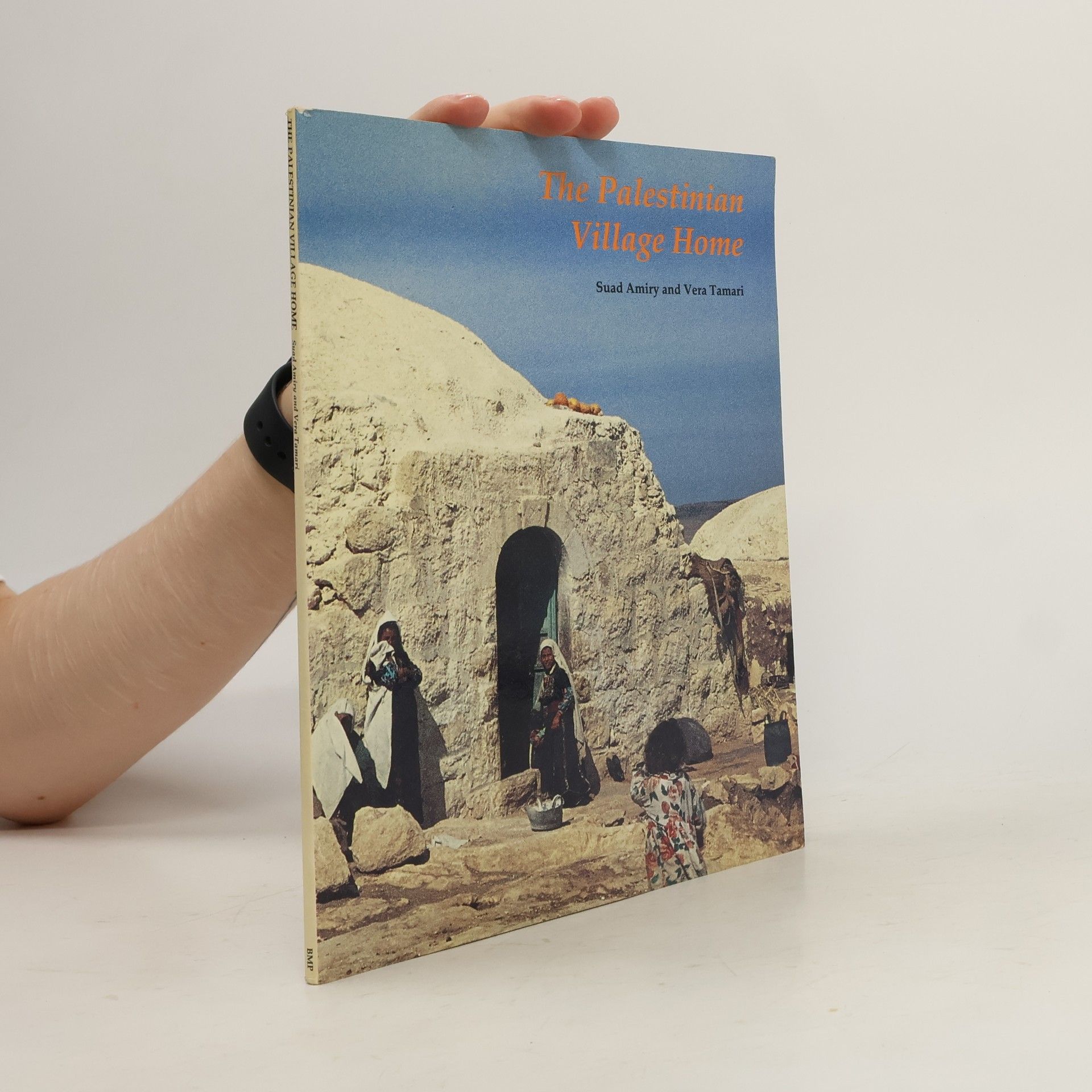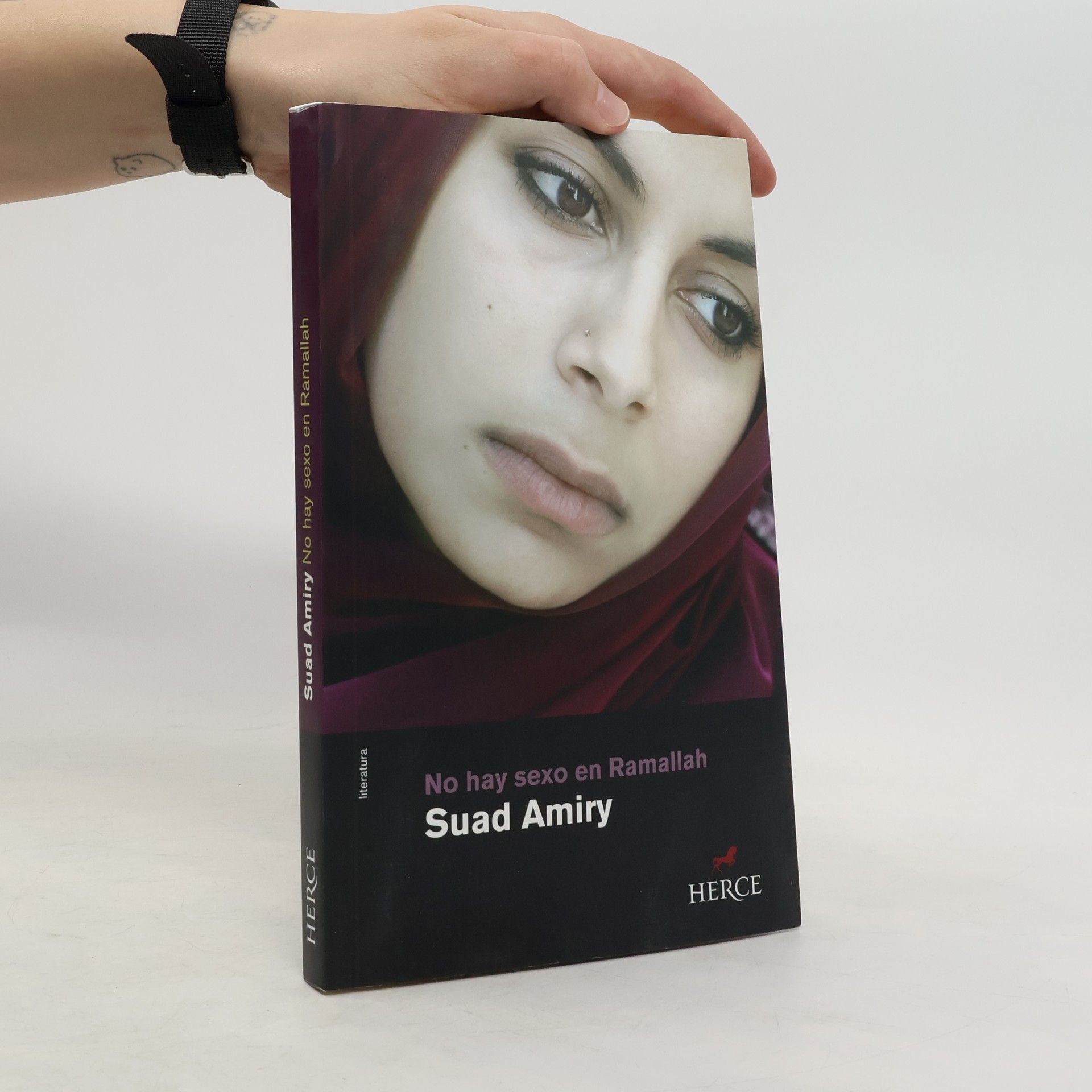No hay sexo en Ramallah
- 230 páginas
- 9 horas de lectura
Suad Amiry es una aclamada autora y arquitecta palestina cuyas obras a menudo profundizan en las conmovedoras realidades de la identidad y la sociedad palestinas. Su escritura se caracteriza por su aguda perspicacia y su sensible representación de las experiencias humanas en medio de la agitación política. Profundamente involucrada con la arquitectura, Amiry la considera no solo una profesión, sino también una metáfora para la salvaguarda y conservación del patrimonio cultural. Su enfoque literario combina la reflexión personal con un comentario social más amplio, ofreciendo a los lectores una perspectiva única sobre la vida bajo ocupación. A través de sus escritos, busca documentar y comprender las complejidades de la condición palestina.




Exploring the rich history of Damascus, Suad Amiry intertwines personal and familial narratives set against the backdrop of the city's vibrant culture. Through the lens of her family's legacy, particularly the Baroudi women, she delves into themes of love, betrayal, and identity, spanning three generations. The book not only captures the essence of the city’s past, from the Ottoman Empire to its current struggles, but also reflects on the complexities of family ties and the longing for a lost heritage, ultimately portraying Damascus as a symbol of both connection and loss.
"Set in Jaffa in 1947-51, this fable-like novel is a heartbreaking tale of young love during the beginning of the destruction of Palestine and displacement of its people. At times darkly humorous and ironic but also profoundly moving, this novel based on a true story follows the lives of a 15 year old engineer, Subhi, and the 13 year old girl, Shams, he hopes one day to marry. It brings Jaffa vividly to life as a beautiful city by the sea where Jews, Palestinians and Christians lived peacefully just before it was destroyed by the November 29, 1947 UN General Assembly Resolution 181 that would partition Palestine into two states and the end of the British Mandate on May 14, 1948. The first part of the story conveys the prosperous life of this cosmopolitan city on the Mediterranean--with its old cinemas, lively cafes and brothels, open air markets, a bustling port and orange groves on the hills behind--through the lives of the families of Subhi and Shams, but particularly through Subhi, a gifted engineer. As the novel evolves, the bombing and displacements of families begin, and we get a fascinating though dark close-up of how those who were left survived which we see more through Shams and her sisters. This novel is a cinematic, though devastating account of an important moment in history of the Middle East and portrait of city irrevocably changed"-- Provided by publisher
A well-illustrated guide to the material culture of the fellahin, the villagers who inhabited the central highlands of Palestine at the turn of the 20th century.